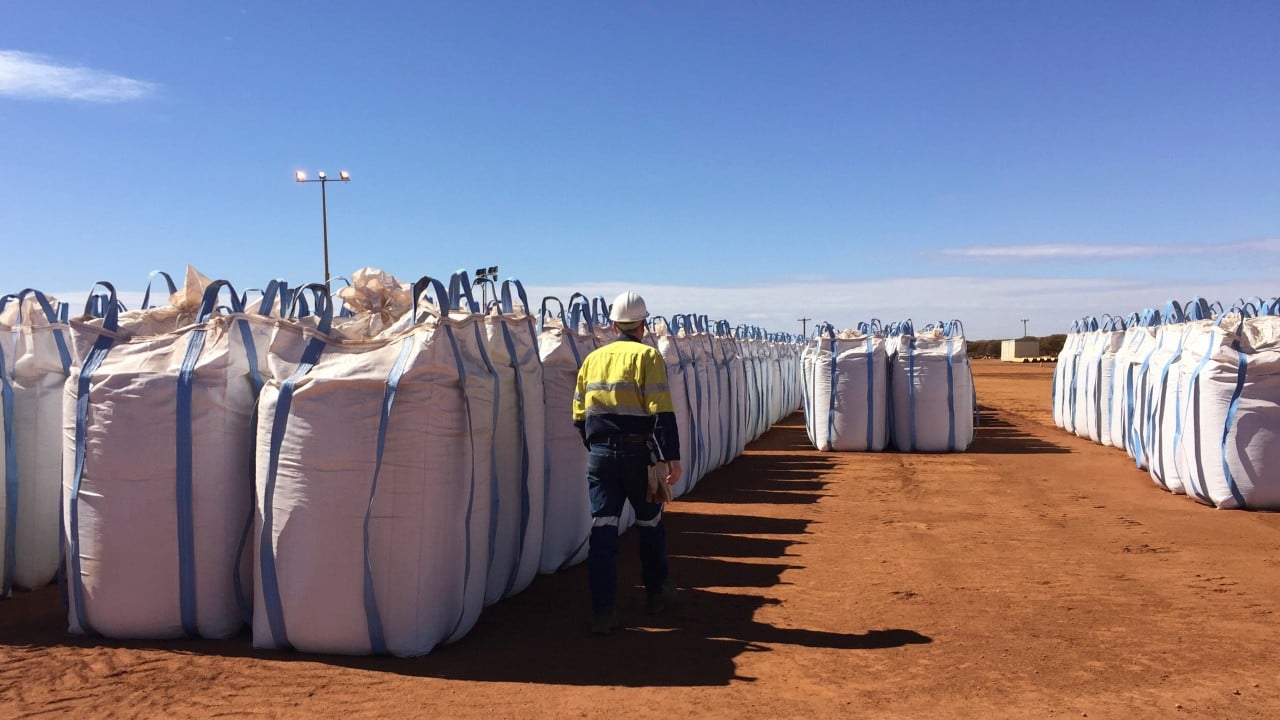As more countries begin formulating contingency plans for their stocks of rare earth elements, analysts said China’s tightening control over its near-monopoly status in the supply and refining capacity of the minerals – an action taken as part of Beijing’s broader trade conflict with the US – could face challenges in enforcement.
Advertisement
Last week, China announced a sweeping expansion of its export control regime as it relates to rare earth elements – raw materials that are crucial components in the production of multiple hi-tech goods. The Ministry of Commerce defended the move as a proportional response to a similar widening of US trade sanctions, which came into force late last month.
One of several amendments to Beijing’s rules governing trade of the valuable minerals stood out: products made outside China that use the country’s rare earth technologies will fall under the export control umbrella starting December 1, as will permanent magnets and other items containing rare earths sourced from China at or above a designated proportion.
The change added an extraterritorial element to China’s application of trade restrictions on the critical minerals, one which mirrors Washington’s approach to several goods deemed sensitive to national security, most notably the hi-tech chips required for advanced computing.
However, China does not yet have a comparable compliance architecture underpinning its export control regime, making execution on a global scale challenging, said Morgan Stanley in a report on Thursday.
Advertisement
“The US leverages decades-old legal frameworks, an established global licensing regime, close allied cooperation, and rigorous liability enforcement to ensure visibility over US-origin technology throughout intricate supply chains,” the investment bank said.

